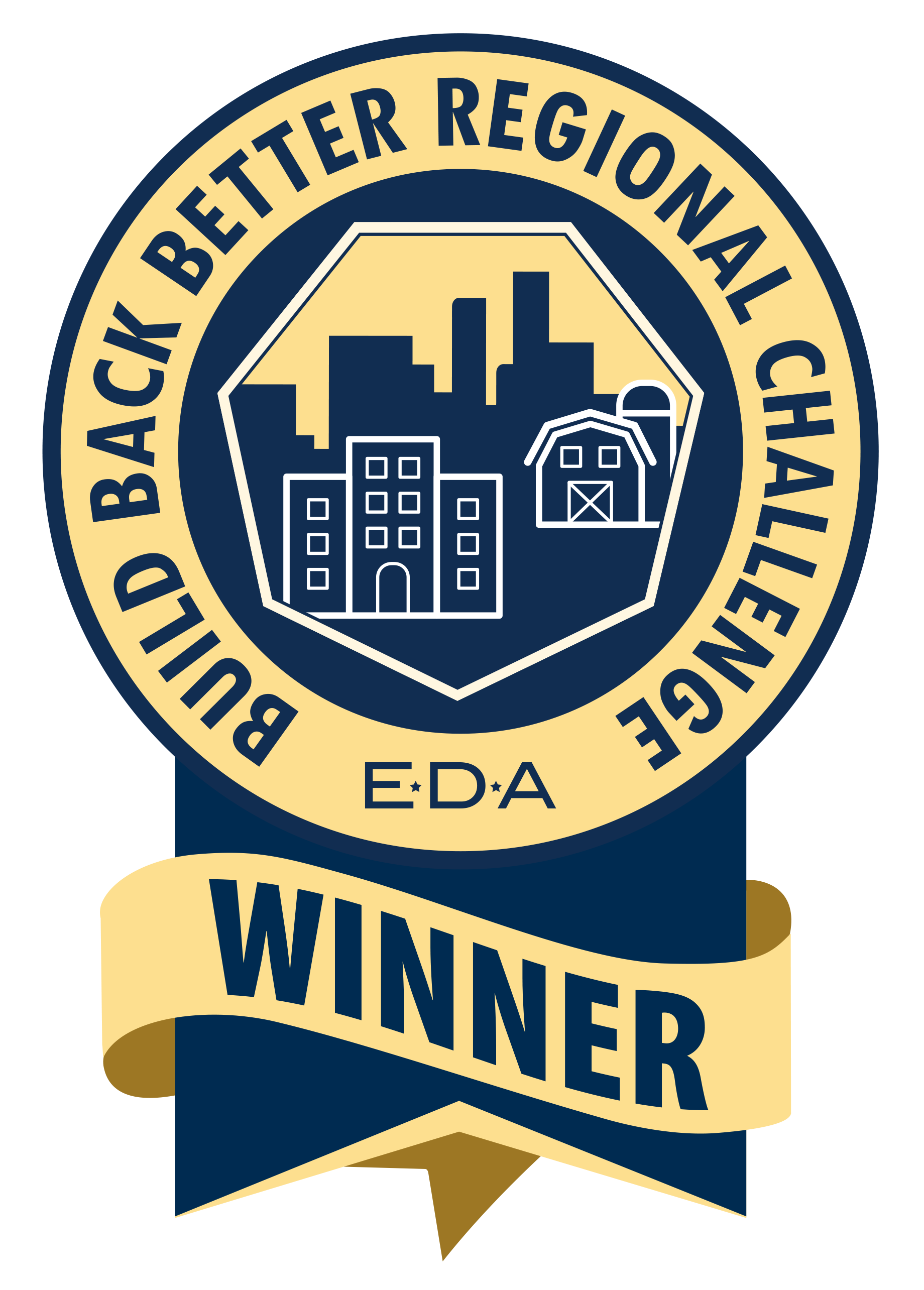Transforming Appalachia through Social Enterprise
Community development in central Appalachia can sometimes feel like spinning wheels in mud. The harder you try, the worse the problem gets.
You help get a person enrolled in college only to find they can’t finish because they’re falling behind on a mortgage and have to get back to work. You help a person get a professional certificate only to find nobody’s hiring in that profession. Fortunately, muddin’ is a favorite pastime of many in our region. By tapping the resilience, grit, and creativity of our people, we can find a way forward. Here at Coalfield Development in southern West Virginia, we try to contribute to the hard, slow work of rebuilding an economy through a strategy grounded in social enterprise—an approach that combines the compassion of nonprofit investment with the efficiency of a business.
Coal’s Decline in Appalachia
A perfect storm converged over the past few years that put major downward pressure on the coal industry: natural gas was real cheap, renewables were on the rise, and regulation was tightening. The resulting decline in coal production caused great pain in Central Appalachia. Some of the highest unemployment rates in the nation are here, and we have some of the highest opioid addiction rates. These challenges are compounded by the fact that even when coal was booming, Central Appalachia still had some of the highest poverty rates in North America.
“It turns out total dependence on one industry isn’t a good economic development strategy.”
Poverty here is usually generational, more so than circumstantial; generations of children have never had a parent with steady employment. The wounds of legacy poverty like this are more than economic; they are psychological, emotional, and spiritual. So what can we do? How do we reverse generations of poverty? How do we get out of the slippery mud and start to gain traction? How do we move this incredible and unique place called Appalachia closer to its full potential?
The Role of Social Enterprise
At Coalfield, we believe the development of social enterprises is the single most powerful strategy for transformational economic revitalization in Central Appalachia. Why? Because a more vibrant, economic future for coalfield communities depends on fostering entrepreneurial activities. Entrepreneurship—a difficult but not impossible pursuit in a place that’s been so heavily reliant on one industry for so many generations—needs a restructured economy. It’s challenging to have a workforce that lacks competitive skills and lags national averages in higher educational attainment. It’s challenging to attract new investment in such a rural area.
Coalfield Development offers economic-diversification solutions through a family of social enterprises that pioneer new and viable markets. We’ve created direct employment for more than 100 laid-off coal miners and other previously unemployed people, and we’ve provided job training for more than 500. Workers who develop skills suitable for new enterprises will help new industries develop, which in turn will attract fresh investment to the region.
“Social enterprise is a bridge strategy that can lift Central Appalachia from its current distressed circumstances toward development of large-scale projects needed for measurable improvement, and toward the thriving communities so desperately deserved by the coal miners who have powered this nation for generations.”
To make such a leap is not too much to expect. Central Appalachia has an abundance of job-training programs but the reality is that job training doesn’t do any good if it doesn’t lead to an actual job. And what if there just aren’t that many jobs available in a place?
We believe social enterprise is an answer—one that can solve more than one problem at once.
The Coalfield Development Approach
At Coalfield Development, our mission is to support a family of social enterprises that inspire the courage to grow, activate the creativity to transform perceived liabilities into assets, and cultivate the community needed for real opportunity in Appalachia through employment, education, and mentorship.
Our social enterprises:
● Revitalize Appalachia, which grows the sustainable construction sector;
● Rediscover Appalachia, which expands the arts, culture and creative-placemaking sector;
● Refresh Appalachia, which supports the sustainable local agriculture sector:
● Rewire Appalachia, which contributes to the solar and energy efficiency sector; and
● Reclaim Appalachia, which helps drive the environmental reclamation and reuse sector.
Additionally, Coalfield manages a real estate portfolio with more than 30 properties in southern West Virginia and more than 190,000 square feet of formally abandoned and dilapidated building space.
Our primary innovation is the “33-6-3 model,” whereby Coalfield Development crew members work 33 paid hours per week in one of our five social enterprises and take 6 credit hours of coursework toward an associates degree in Applied Science. Trainees also commit to 3 hours per week toward developing (what some call “life-skills” or “soft-skills”) such as time management, maintenance of emotional and physical health, and communication.
While job creation is key, the challenges of generational poverty transcend simple economics. The “6” and the “3” are every bit as important as the “33”. Without higher education and personal development, the job part of the equation often doesn’t work, leading to repetition of a boom-and-bust cycle of three or four months of good money, followed by three or four months of struggle. Like wheels spinning in mud.
Article Published May 7, 2018 on the Just Transition Fund website.
VIEW NEWSWEEK ARTICLE









